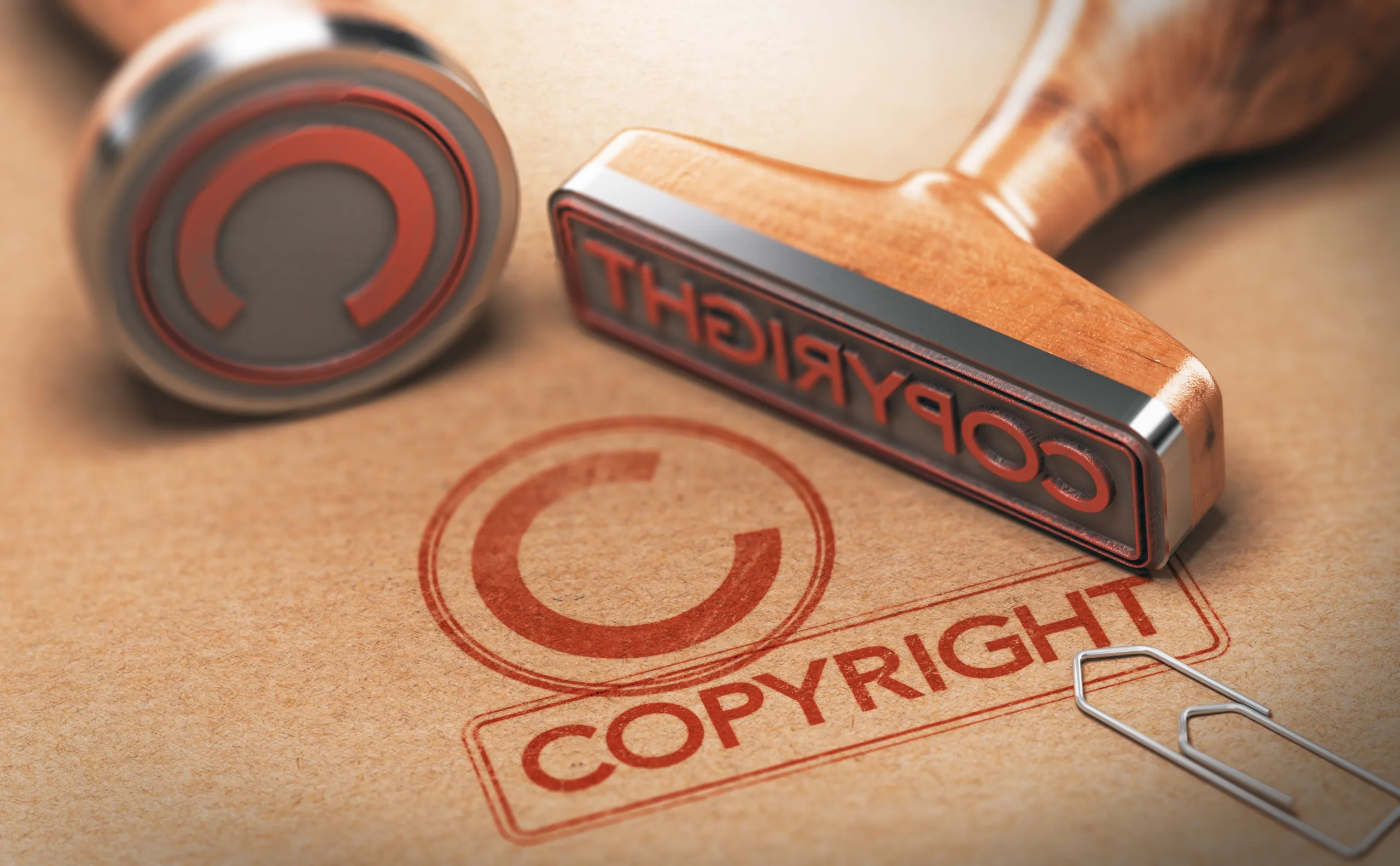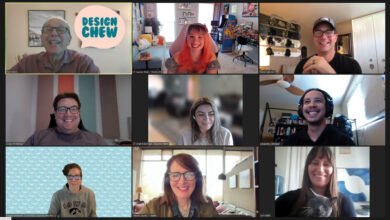Have you ever seen an image or a design you wish to copy since it’s perfect for a project you are working on and will make it much easier to complete in a timely and cost-effective fashion? If so, you may have wanted to copy and paste it, or even use just a portion of it.
Alternatively, have you produced a creative expression that speaks to you and others, but you are concerned that someone may rip it off. There are steps you can take to protect a creative expression using copyright law (literally the law governing the “right to copy”). In turn, if you wish to copy from someone else’s creative expression, be careful, that same copyright law has some prohibitions you should know about.
Fair use or copyright infringement?
If you are interested in copying even a portion of a creative expression of another, copying with attribution is not a loophole that avoids copyright infringement. In fact, providing attribution may complicate matters because it may be used as evidence that your copying was willful or intentional, which could subject you to higher penalties and damages in an infringement lawsuit.
However, some creative expressions that are protected by copyright and made available for public use require that you provide proper attribution. For example, Creative Commons licenses often include a condition that requires the user to give proper credit, a link to the license, and indicate if any changes were made to the original creative expression.
Also, be wary of the murky area of fair use. While certain copying can avoid claims of copyright infringement if they fall under the umbrella of fair use, whether or not a copying is fair use is extremely uncertain, unpredictable, and ultimately can only be determined by a federal court. That’s not generally worth the risk.
Nor is there a magical percentage that can be copied that will avoid a claim of copyright infringement. A pragmatic rule of thumb is that if enough of a creative expression is copied that the owner can recognize it, then you have identified a risk.
A further myth is that one can do some limited infringing copying without concern. Even a single infringing act, such as using a creative expression of another (like a Marvel character) on a vehicle wrap or T-shirt may be enough to trigger a response.
Significantly, a Copyright Claims Board was recently created within the Copyright Office to act as a “small claims” court that will hear infringement cases filed by copyright owners. While damages are limited to $15,000 per infringing act or a total of $30,000, the proceedings are extremely streamlined.
We are seeing copyright owners taking advantage of this new venue to go after copyright infringements that are relatively limited in scope since the expense of full-blown litigation is avoided.
In short, when copying from the creative expression of another, it is advisable to assume that copyright law applies – no matter the nature of the creative expression – and do not copy any of this into your own creative expression without the permission of the owner.
The reality is that permission is very often given if one goes through the proper protocols, such as approaching an individual owner directly or accessing the appropriate website links of organizations with copyright licensing protocols.
For example, if you are interested in using creative expressions owned by Disney®, a good starting point is www.disneystudiolicensing.com. The policies & permissions for content associated with the University of Michigan, which I attended, can be found at https://brand.umich.edu/trademarks-permissions/permissions/.
If you provide permission to use your creative expression as an owner/licensor or you seek the right to use a creative expression of another creator as a licensee you are entering into a copyright license. A copyright license is a written agreement giving a licensee to use the creative expression of a licensor in exchange for some form of consideration such as attribution or money.
When prepared correctly, a copyright license provides a complete understanding of the relationship between the parties and the nature of the license being granted. It is important that the license be detailed and accurate so that the parties understand what their rights and obligations are to each other.
Typically, a copyright license will be limited in scope, meaning that others might also be authorized to use the creative expression at the same time. It is possible, however, to enter into an exclusive license, meaning that the licensee is the only entity with the right to use the copyrighted creative expression for the length of the copyright license.
An exclusive copyright license can be very valuable to a licensee since it restricts other ways that a licensor can permit uses of its creative expression so be careful as an owner before entering into such an agreement.
Copyright law for the creator
In the United States, and in many other countries, copyright protection arises at the moment a creative expression is fixed in tangible medium. This means, for example, that you have rights as soon as you draft a poem with a pen on paper, save a new logo to your computer hard drive, record a song digitally, paint on canvas, sculpt in marble, or snap a photograph on your mobile phone.
A creative expression is protected by copyright automatically: the author need not file for protection with the government to protect a creative expression.
There are some significant caveats, however, as to copyright ownership by an author. For example, an employer owns the creative expression of an employee whose work comes into being as part of their job.
As another example, under some circumstances, an independent contractor may also not own a creative expression if it is a so-called work made for hire. Nevertheless, when working with an independent contractor it is always safer to obtain a written assignment of the copyright to the creative expression and to make sure to include language that does not permit the contractor to seek reversion of the copyright at some point in the future.
U.S. copyright law grants the owner of copyright in a creative expression the exclusive rights to reproduce and publicly distribute, and perform and display the creative expression, among other rights. All copying is covered – even downloading a copy of the creative expression of another onto your computer may constitute an unauthorized copy although it is not until one starts to publish an infringing creative expression that damages realistically start to accrue.
To obtain damages for copyright infringement, including potentially significant enhanced statutory damages and attorney fees in the case of willful infringement, it is important for an owner of a creative expression to register it with the Copyright Office of the Library of Congress.
While a registration application can be filed at any time, it is advantageous to file within 90 days of publication if you wish to go after infringers even before you register your creative expression. It might even make sense to register a copyright even before publication and in the case of some types of creative expressions (like photographs), individual protection for multiple photographs may be possible using a single registration filing. The Copyright Office does not conduct a formal examination other than to make sure that the submission meets a low threshold of originality.
Moreover, while not required, it is desirable to use the Copyright symbol ©, the year of publication, and the name of the copyright owner to avoid certain defenses to infringement such as an innocent infringer.
The bottom line is that if you are creator, copyright law can be extremely helpful to protect your creative expression and provide the opportunity to control its distribution. If you wish to use even a portion of the creative expression of another creator, be cautious, and when in doubt, seek permission.




